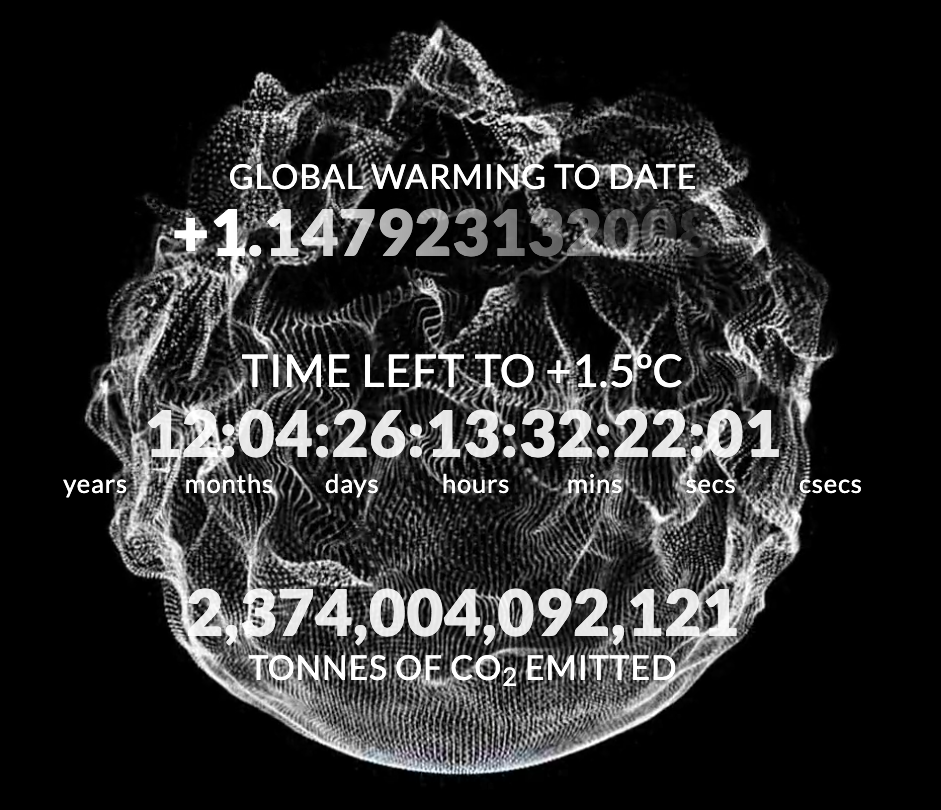Eighth Grade Topics
1: Foundations of Algebra
| Vocabulary | ||
|---|---|---|
| Absolute Value | Additive Inverse | Algebraic expression |
| Base (of an exponent) | Coefficient (of a variable) | Constant term |
| Exponent | Integers | Irrational numbers |
| Like terms | Multiplicative inverse | Natural numbers |
| Opposite numbers | Order of Operations | Perfect square |
| Power | Principle square root | Real numbers |
| Reciprocal | Repeating decimal | Square root |
| Term | Terminating decimal | Variable |
| Whole numbers |
| Understanding and Skills |
|---|
- Memorize multiplication up to 12 × 12
- Memorize perfect squares up to 144
- Working with Commutative, Associative, Distributive and Identity Properties
- Identifying types of numbers, including Natural, Whole, Integer, Rational, Irrational
- Converting between fractions, decimals and percents.
- Simplifying expressions
- Adding and subtracting real numbers
- Multiplying and dividing real numbers
- Simplifying powers, exponents, and roots
- Simplifying rational and irrational numbers
2: Equations
| Vocabulary | ||
|---|---|---|
| Cross products | Cross multiplication | Identity |
| Percent | Proportion | Rate |
| Ratio | Scale | Solution (of an equation) |
| Solution set (of and equation) | Unit rate | Formulas |
| Literal equations | Number line | Positive and negative numbers |
Understanding and Skills






